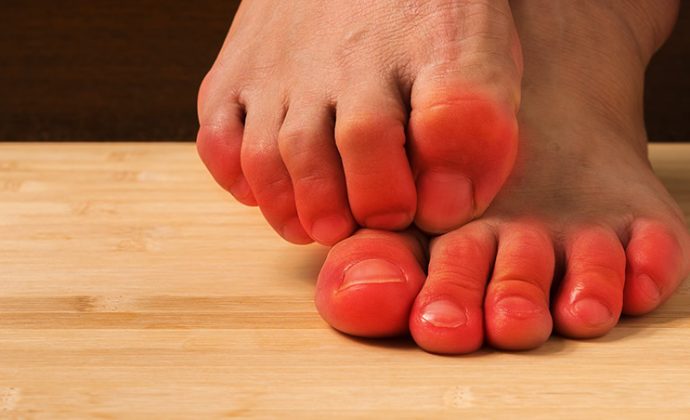If you are diabetic or prediabetic and have peripheral neuropathy, it is very important to get your weight under control and exercise regularly in hopes of slowing the progression and/or decreasing the intensity of your peripheral neuropathy. These lifestyle changes may help to get your diabetes under control or prevent prediabetes from progressing to diabetes. Keep your blood sugar under tight control. Make certain you are not vitamin deficient. Peripheral neuropathy in diabetics and prediabetics frequently improves with the use of a high-potency bioactive form of vitamin B1. CLICK HERE FOR MORE INFORMATION ON HOW A HIGH-POTENCY BIOACTIVE FORM OF VITAMIN B1 MAY HELP.
If your peripheral neuropathy is from chronic alcohol abuse, it is important for you to stop drinking alcohol. If you are unable to do this, then decrease your alcohol consumption as best you can. Peripheral neuropathy from chronic alcohol abuse frequently improves with the use of a high-potency bioactive form of vitamin B1. CLICK HERE FOR MORE INFORMATION ON HOW A HIGH-POTENCY BIOACTIVE FORM OF VITAMIN B1 MAY HELP.
Make certain that you have had a complete medical examination by a physician who has expertise in the diagnoses and treatment of peripheral neuropathy. If it is discovered that your peripheral neuropathy is caused by a disease, seek treatment for that disease. If your peripheral neuropathy is caused by a medication, see if your doctor can find an alternative medication.
Stop smoking and using all tobacco products…avoid second-hand smoke exposure.
Control your blood pressure.
Acupuncture, biofeedback, and transcutaneous nerve stimulation may be helpful. Physical therapy, including laser therapy, may be helpful.
Topical pain relievers such as lidocaine, capsaicin, menthol, camphor, etc.
It is essential that you wear comfortable well-fitting shoes to help avoid injuring your feet and legs. Specialized inserts for your shoes are often a good idea.
Fall prevention is very important. Strength and balance training are important to prevent falls and improve stability when walking. If you are unstable while standing or walking, use a cane or other assistive device. If possible, avoid walking on surfaces that are not flat and smooth–you are less stable when walking on an uneven surface. Looking down at the ground while walking may improve your stability.


